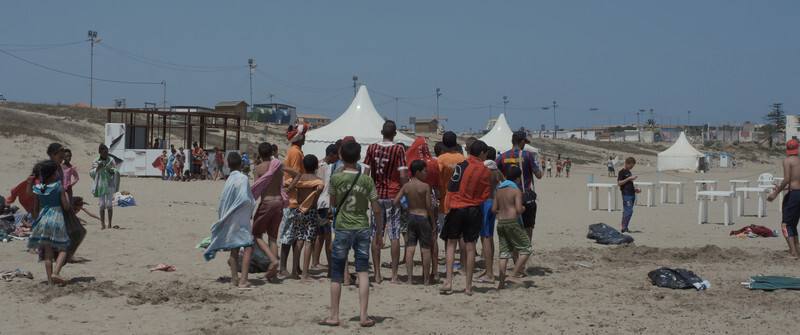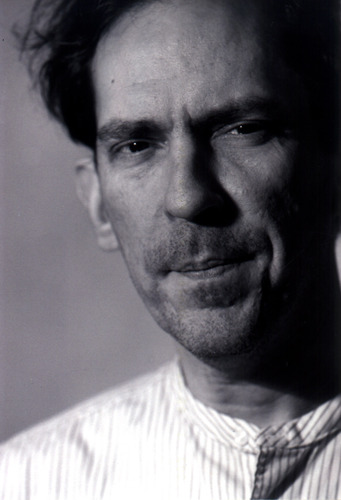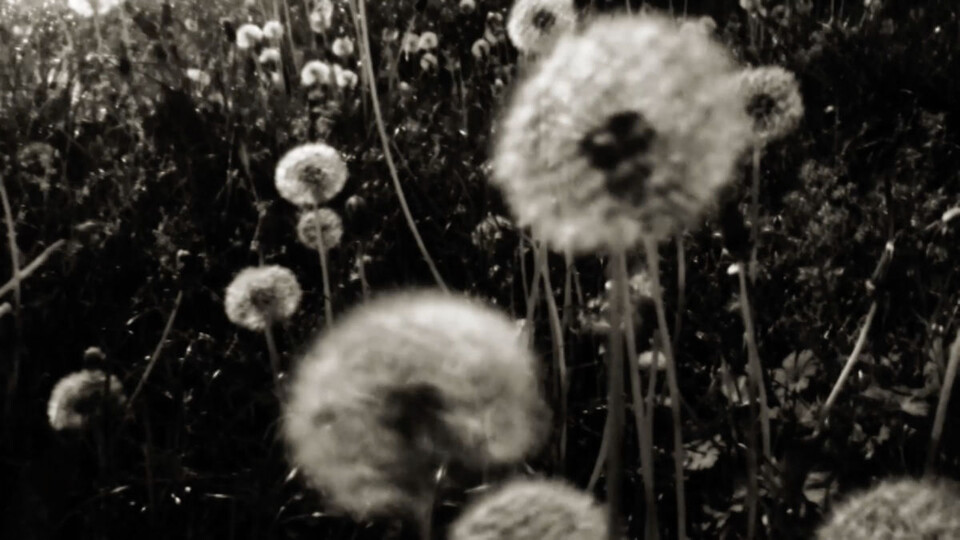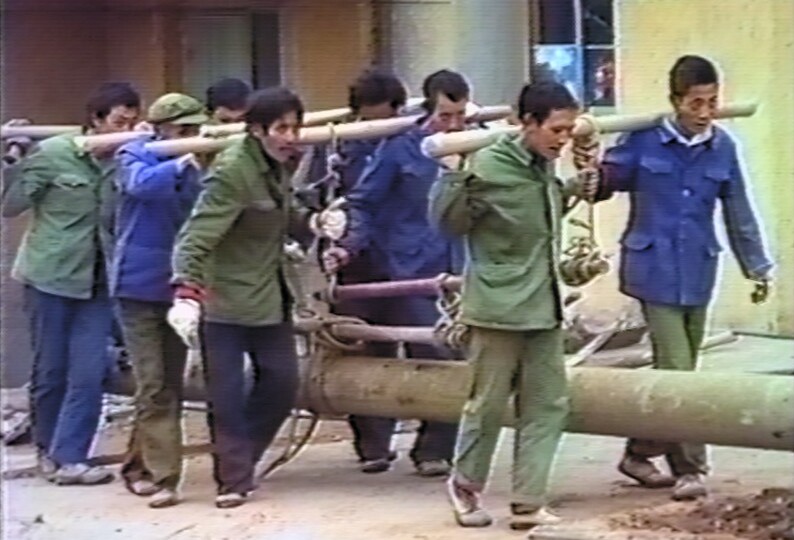Also Known as Jihadi
From its opening shots of the French neighborhood in which the film’s subject presumably grew up, it’s clear that Eric Baudelaire is respectful of his audience’s intelligence and interest. That’s always a good bet at the Jihlava festival, if perhaps not as likely in the average civilian cinema hall.
But if the audience for Also Known as Jihadi never grows to vast crowds, that’s surely not important to the director. Baudelaire strives for the highest standards for those who are willing to hear him out, having enlisted the aid of the much-awarded Claire Atherton, the longtime collaborator of seminal French documentarian and social critic Chantal Akerman. Atherton’s distinctive work forms a huge part of this forensic account of the prosecution of an alleged, likely convicted, terrorist suspect. Aziz would have faced charges of supporting of Syrian rebel forces, as we see from the transcripts of his statements to investigators, psychological evaluations and a basic biography assembled by the authorities:
Age 25; Algerian origin, French nationality; medium height, stocky, athletic; thick beard ‘in the tradition of the Prophet’...
Our protagonist, who is never seen on camera, is known to us only through these official, impersonal records. They create palpable dissonance with the sounds of children’s laughter and tweeting birds along with images of peaceful, well-manicured parks, a school, a beach full of windblown kids. All of these are essential elements of Aziz’ world. The turning point is a trip he took ‘to help the Syrian people, as he tells an investigator, which the court has used to file his life away.
‘Can this entail taking arms?’ he’s asked.
A Salt Lake City-born a photographer and visual artist now based in Paris, Baudelaire screened his 2011 feature debut at Jihlava, The Anabasis of May and Fusako Shigenobu, Masao Adachi, and 27 Years without Images. That film, dedicated to the radical leftist group known as the Japanese Red Army, was followed in 2014 by Letters to Max, which also screened at Jihlava.
In Baudelaire’s most recent work, described as a travelogue from a country that doesn't exist, we see more footage of life on the streets. But these captured soldiers and the occasional parked tank, as a voiceover reads to us the duties and dilemmas of an ambassador for Abkhazia. He ironically explains that his work is only slightly different from that of an ambassador for a more recognized country, though he does confess that traveling on an Abkhazian passport can be tricky.
Baudelaire’s sense of absurdist humor is ever-present in his films, although it operates on a lower frequency in Also Known as Jihadi. The work is described as an homage to Masao Adachi’s influential 1969 film Ryakushô renzoku shasatsuma (A.K.A. Serial Killer) as well as the artist’s development of landscape theory, which suggests that studying the elements in someone’s environment leads to insights about them. But despite this far-off inspiration Baudelaire’s new film will certainly resonate with Central European audiences with a deep sense of Kafka in their DNA.
The carefully selected fragments from the court docket that record the evidence against Aziz, might just as well have been lifted from The Trial (although, admittedly, most official records assembled with the purpose of convicting a young man of trafficking in terrorism are surreal). Surely, there’s something inherently otherworldly about the state directing its security apparatus against a delivery driver and economics student, employing weeks of efforts by a small army of police, security forces, investigators, clerks, prosecutors and the judiciary, all for the supposed safeguarding of the homes and freedoms of the rest of us.
‘In religion, not everybody shares the same views,’ Aziz tries to explain to his prosecutors. In an age in which police in Western countries argue that they need tanks to keep our city streets safe, one wonders why he bothers. Perhaps he’s still young and naive enough to believe that reasoning with a machine just might influence the outcome it was built to produce.
The comment duly noted, this prosecution rolls on. We foolishly tell ourselves how fortunate we are to live in nations where the state must make an argument to explain the arrest and sentencing of a citizen. But if not for the careful cataloging of the state’s arguments, we would never get a glimpse of the gears and levers.
Nor would we feel, in taking in a hilly, cheery and nondescript French community (described as ‘rough’ in the court records, of course), the absence of just one more ordinary young man. He set out to investigate something: whether there might be, lurking over a Turkish border crossing, a future for himself.
|
|
Will TizardWill Tizard is a Central & Eastern Europe correspondent for Variety. Variety is the premier film industry trade journal, covering the global production, distribution and exhibition sectors, plus TV, the web and the stage, and its reviews are an important source for buyers worldwide. He is a senior journalism professor at Anglo-American University in Prague, he is completing production on Buried, a documentary following the fight for the return of stolen Holocaust-era Judaica in Russia. |




